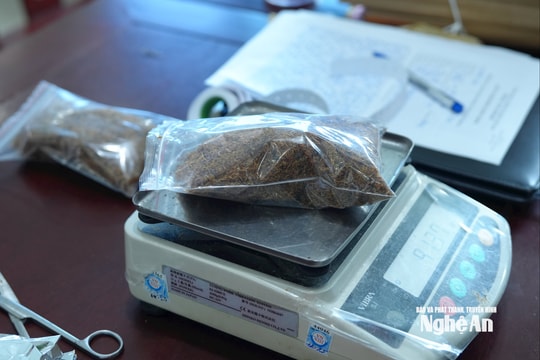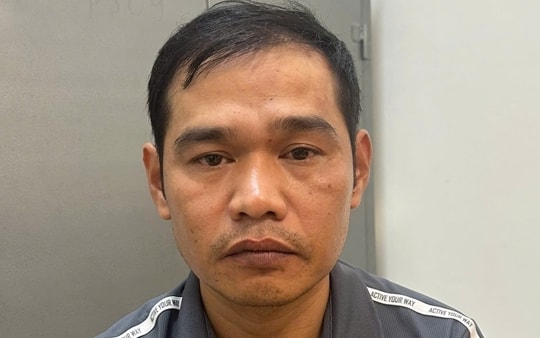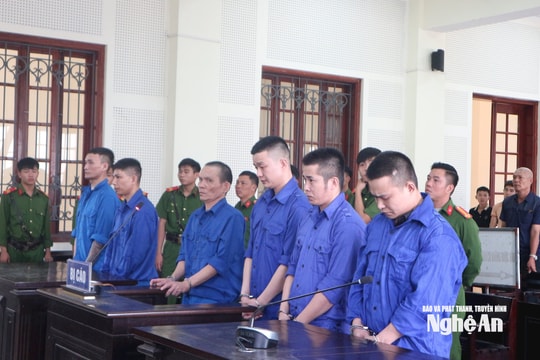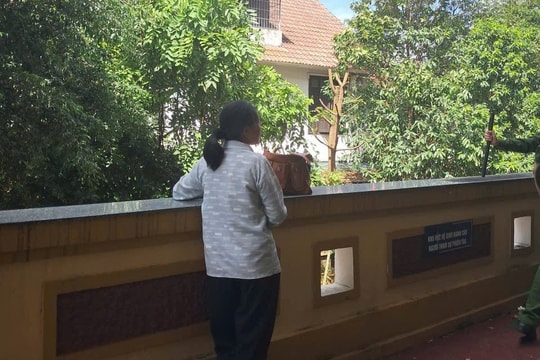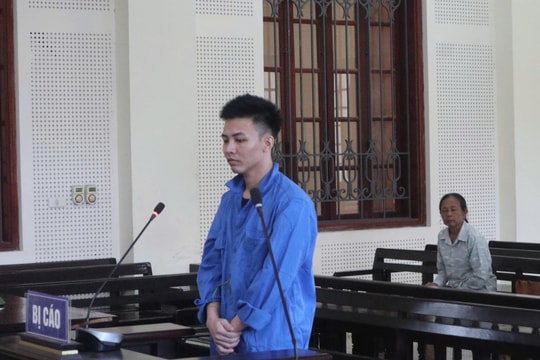"Mysterious billionaire" after the world beer industry record merger
(Baonghean) - After making investors "crazy" by issuing a large amount of shares to acquire SAB Miller - the world's second largest beer producer, AB InBev Company continued to announce good news when it said that the record merger of the world beer industry with a value of up to 108 billion USD will be completed earlier than expected, that is, April 5.
The person who can create this joy for investors is none other than Paulo Lemmann, who is known as the "wizard" in mergers and acquisitions, who only needs to "keep an eye" on a company and its stock price will immediately skyrocket.
"Mysterious billionaire"
As the richest man in Brazil and the second richest man in Switzerland, owning a series of famous brands around the world such as Heinz ketchup, Budweiser beer, Burger King fast food..., billionaire Jorge Paulo Lemann hardly contacts the media, limits his public appearances and especially never talks about himself.
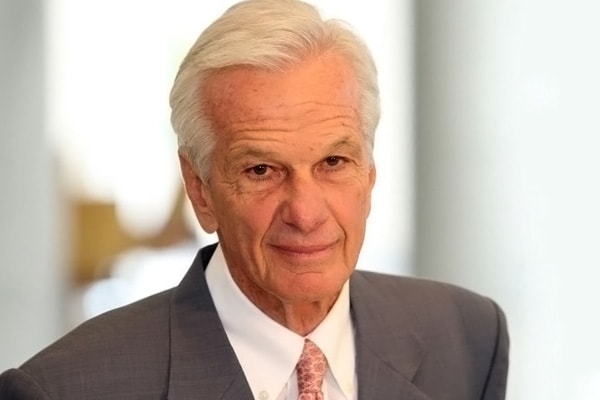 |
| Portrait of the "mysterious billionaire" Paulo Lemann (America.Pink) |
Even in the merger of the world's two largest brewers, AB InBev and SAB Miller, Paulo Lemann did not hold a press conference, asking his colleagues not to inform the public about his involvement in this case. The business world has always admired Paulo Lemann.
| "Lemann entered the market with a tiny Brazilian beer company and quickly became number 1 in the world," said billionaire Warren Buffet. |
Lemann was born in 1939 in Rio de Janeiro, Brazil, to a family with a 300-year cheesemaking tradition. His father was a Swiss businessman who immigrated to Brazil in 1920. As a young man, Lemann spent a lot of time surfing at Arpoador, a famous beach in Rio.
He was a five-time Brazilian national tennis champion and represented both Brazil and Switzerland at the Davis Cup and Wimbledon.
But his mother discouraged his dreams of becoming a surfer or tennis player. So after graduating, Lemann became a reporter for the long-running Brazilian newspaper Jornal do Brasil. He did not last long in journalism and went to work for Credit Suisse in Switzerland.
However, Paulo Lemann's true turning point as a businessman was in 1971, when he and some friends bought the brokerage firm Banco de Investimentos Garantia for $800,000 and transformed it into the first financial investment company in Brazil.
Cost management - the "secret weapon" of the "mysterious billionaire"
Garantia was the start of a series of deals that Paulo Lemann would make over the next half-century. It was also here that Lemann met Carlos Sicupira and Marcel Telles, who, along with Lemann, are still known in the Brazilian press as the “three musketeers”.
If Lemann is now firmly in the position of the richest man in Brazil, Telles and Sicupira are also close behind in the 3rd and 4th positions. However, in 1998, Lemann had to sell Garantia to Credit Suisse of Switzerland due to the impact of the financial crisis.
Since selling Garantia, Lemann’s interests have also gone beyond financial investments, expanding into food and beverages. As long as Lemann “keeps an eye” on a company, its stock will rise.
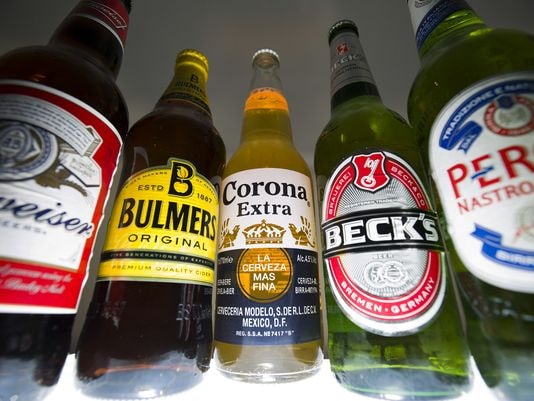 |
| Paulo Lemann's brands after the SAB Miller acquisition (USA Today) |
“We collect the best experiences from everywhere, “package” them into a whole to form our own “corporate culture” - Lemann said. |
Lemann honed his management skills by applying the American meritocracy model of the 1970s and 1980s. Lemann and Sicupira once visited the American “retail king” Sam Walton to see how the Wal-Mart founder worked with suppliers and managed inventory.
They applied these lessons to the Lojas Americanas retail chain they bought in 1982 in Brazil. At Garantia, they applied the Goldman Sachs management model.
Then they learned from General Electric CEO Jack Welch how to reward the top 20% of employees, retain the remaining 70%, and fire the bottom 10%.
The most important element in the “corporate culture” that Lemann mentioned is maximum cost savings - something that every director in his system knows by heart.
Become a role model for… competitors
With Lemann's management team so efficient at maximizing profits, competing companies felt forced to change the way they did business.
And the way many people choose is to… imitate Lemann. Kellogg, Campbell Soup, Mondelez International…, - companies that were too panicked after the Kraft scandal in 2012 all use the 3G approach to budget management.
Despite being competitors, Bill Ackman, manager of Mondelez International, said Lemann and his team are very admirable people.
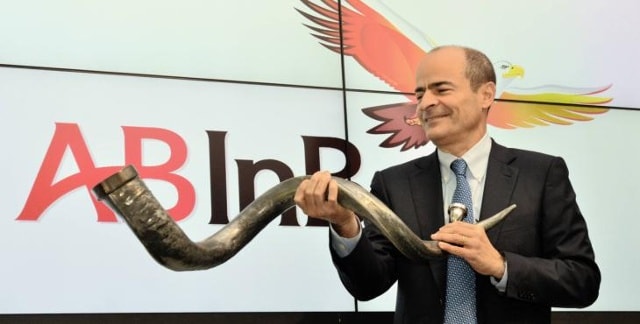 |
| Carlos Brito - CEO of AB InBev at the announcement ceremony of the share issuance (IOL) |
The first American company to get a taste of Lemann’s management style was Anheuser-Busch. Using his controlling stake in Belgian beer company InBev in Anheuser-Busch, Lemann laid off 1,400 people, equivalent to 6% of the US workforce.
Corporate jet flights were halted and free beer was canceled. Investors were thrilled as Anheuser-Busch InBev shares have more than quintupled since the merger, with a market value of $171 billion as of September 30, 2015.
In his homeland, business leaders viewed Lemann as a pioneer of American-style efficiency and tried to emulate him.
Lemann and associates““They have done great things, but they will certainly do even greater things” - that is the comment that people in the business world say about Lemann.
Diep Khanh
| RELATED NEWS |
|---|

